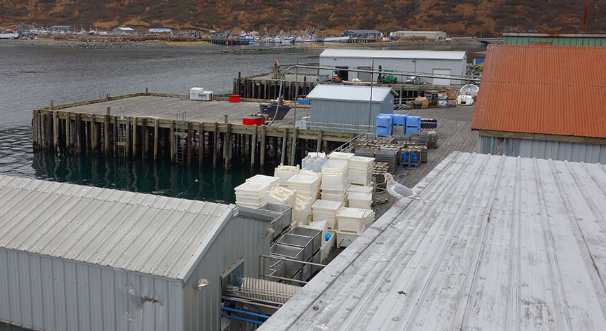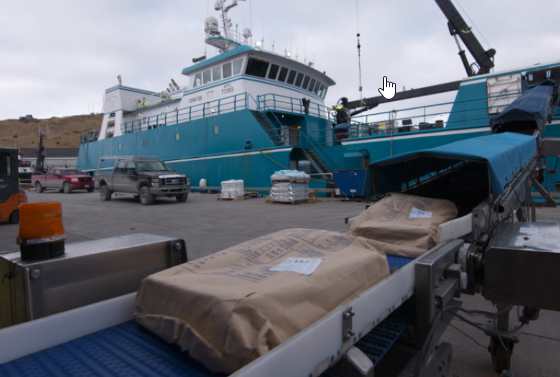The State Department today announced changes to the student exchange program under the J-1 Summer program.
The program, created under the Fulbright-Hays Act of 1961, brings in more than 100,000 college students to the United States every summer and is used by many seafood processors in Alaska.
While the new rules target workers in the sex trade, it also made changes in allowable working conditions such as housing, hours and pay. Officials say the new rules limit the hours and jobs participants can work and make clear the program is about fostering cultural understating.
The new rules also prohibit companies from hiring J-1 workers if the companies hiring has had lay-offs in the previous 120 days. New rules will also prohibit using visas to work in factories, manufacturing and seafood processing.
“In recent years, the work component has too often overshadowed the core cultural component necessary for the Summer Work Travel Program to be consistent with the intent of the Fulbright-Hays Act. Also, the Department learned that criminal organizations were involving participants in incidents relating to the illegal transfer of cash, the creation of fraudulent businesses, and violations of immigration law,” the State Department said in announcing the new rules.
The program was set up to allow students who ordinarily could not afford to come to the United States in the summer, to find temporary jobs to off-set their travel and lodging costs while in the country.
In Alaska, the J-12 program has supplied a significant source of labor in the seafood processing industry, and plants were concerned that the changes would cause the plants to turn away fishing vessels because of an inadequate work force.
Traditionally, J-1 participants have worked in the slime line, Roe house, feed house, warehouse, laundry, main office, and to take the fish tickets. Generally, processors have difficulty filling these positions with American workers.
There have been considerable concerns that the changes to the program are coming at such a late date in the year that processors would be unable to secure a work-force on such short notice.
But, the State Department announced today that the seafood processors would be able to utilize the program until at least November of this year, which will alleviate the worker problem at least short term.
Alaska’s senior Senator had this to say of the State Department’s decision, “Alaskans place the highest priority on hiring state residents; that’s why our unemployment rate is below the national average. But seafood processors tell me the J-1 visa program allows them to add critical seasonal staff when Alaska workers aren’t available. Changing that program without an opportunity for all interested parties to comment and time for the industry to adapt is not appropriate.
“I’m disappointed that the Administration is implementing some significant changes without the typical formal notice and comment period, but pleased they realized an immediate prohibition would be disruptive to summer salmon fisheries across the state.
“Alaska’s seafood amounted to nearly half of the state’s exports last year. Today’s decision signifies that the Administration heard our concerns about the workforce seafood processors are counting on for the upcoming season, and that they will be allowed to do their jobs.”







